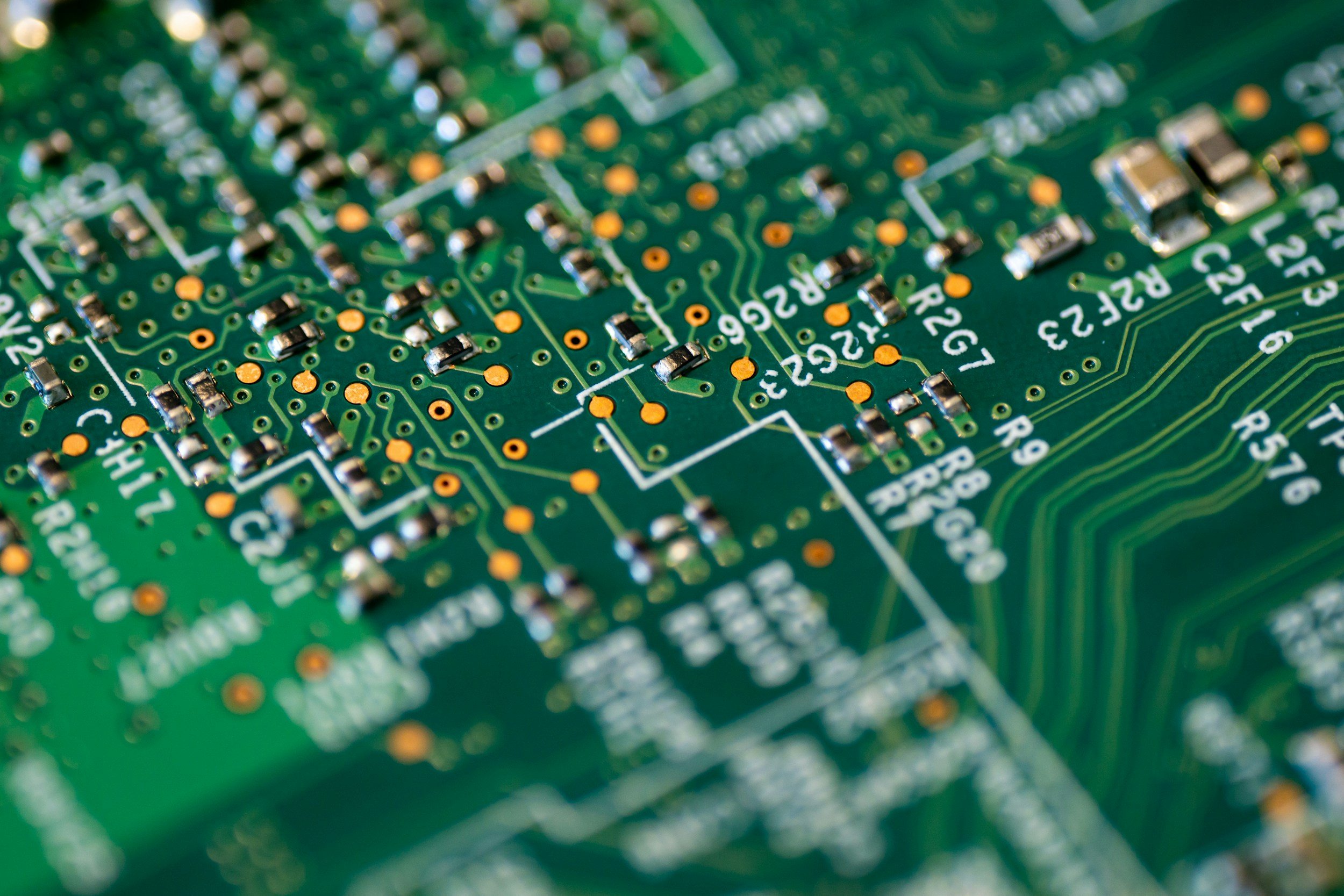AI Projected to Add US$22.3 Trillion to Global Economy by 2030, IDC Finds

Image Credit: Alexander Grey | Splash
International Data Corporation (IDC), a leading provider of technology intelligence, has released an analysis at its 60th annual IDC Directions event, estimating that artificial intelligence will contribute US$22.3 trillion to the global economy by 2030. This amount represents approximately 3.7% of the world’s Gross Domestic Product (GDP). The forecast, part of IDC’s Digital Economy Strategies research, examines AI’s role in shaping economic activity and productivity across industries and regions, drawing on the firm’s market data and economic modelling.
[Read More: AI Explodes Data Growth, Tripling Since 2019: How to Balance Efficiency and Accuracy?]
Economic Multiplier Effect of AI Investments
The IDC study assesses AI’s impact through direct investments, indirect effects on supply chains, and broader induced economic activity. According to the findings, every dollar spent on AI solutions and services is expected to generate an additional US$4.9 in economic activity worldwide. This multiplier effect highlights AI’s potential to improve efficiency, reduce costs, and stimulate business growth.
Rick Villars, IDC’s Group Vice President of Worldwide Research, commented on the trend:
“Continuous business innovation through the use of AI, accelerated by growing use of AI Agents, are driving greater direct investments in infrastructure and software as well as generating substantial indirect spending across the technology delivery supply chain”.
He noted that major cloud service providers are increasing investments in infrastructure to support complex AI systems, which are seen as essential for regional competitiveness and business expansion.
[Read More: Trump’s $500 Billion AI Investment Fuels Growth in Blockchain and AI Cryptocurrencies]
Global Efforts to Build AI Infrastructure
The report points to significant international projects aimed at advancing AI capabilities. Initiatives such as the Stargate project in the United States, the European Union’s InvestAI program, and France’s AI compute efforts are among those highlighted. These programs focus on creating regional AI hubs and facilities to promote innovation and accelerate technology adoption. Carla La Croce, Research Manager for Data and Analytics at IDC, observed,
“Organizations around the world are signalling a growing commitment to AI investment — particularly in building structured, regional AI hubs and factories designed to boost competitiveness and accelerate technology adoption”.
These efforts indicate a strategic push by governments and corporations to position AI as a key driver of economic development.
[Read More: Global AI Investment Surge: Is It Worthwhile or Another Tech Bubble?]
Impact Across Industries
AI is influencing a wide range of sectors by automating routine tasks, enhancing productivity, and creating new revenue opportunities. The technology allows businesses to shift resources from repetitive processes to more strategic activities, according to the IDC analysis. Industries such as manufacturing, healthcare, finance, and retail are among those experiencing operational improvements and increased efficiency as a result of AI adoption.
The study suggests that AI’s effects extend beyond immediate financial returns, supporting long-term growth through data-driven decision-making and innovation.
[Read More: AI Achieves Self-Replication: A Milestone with Profound Implications]
Source: International Data Corporation
We are your source for AI news and insights. Join us as we explore the future of AI and its impact on humanity, offering thoughtful analysis and fostering community dialogue.








